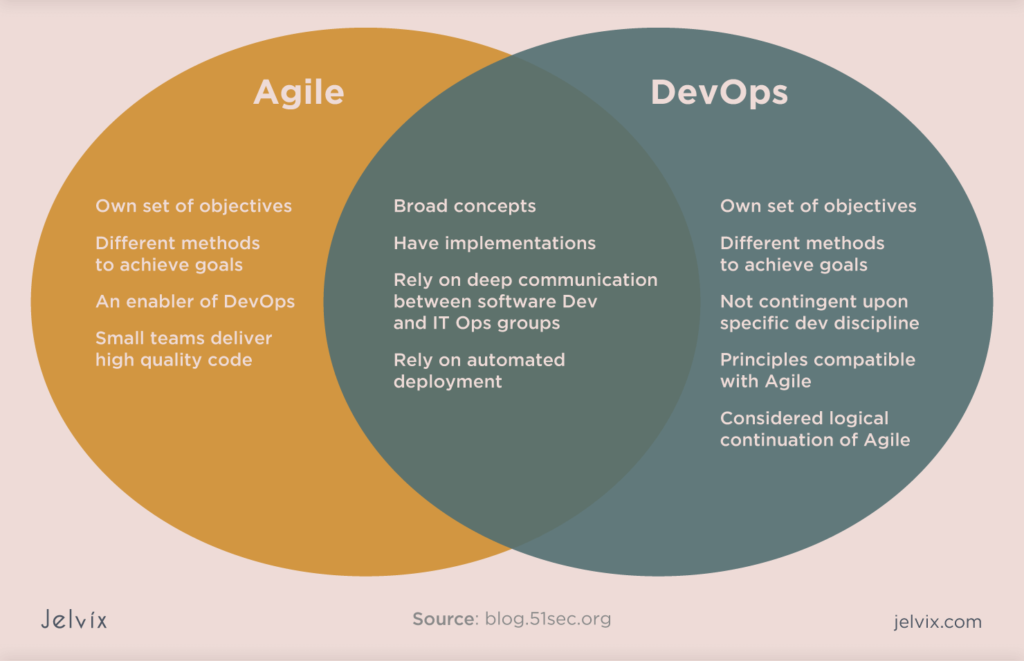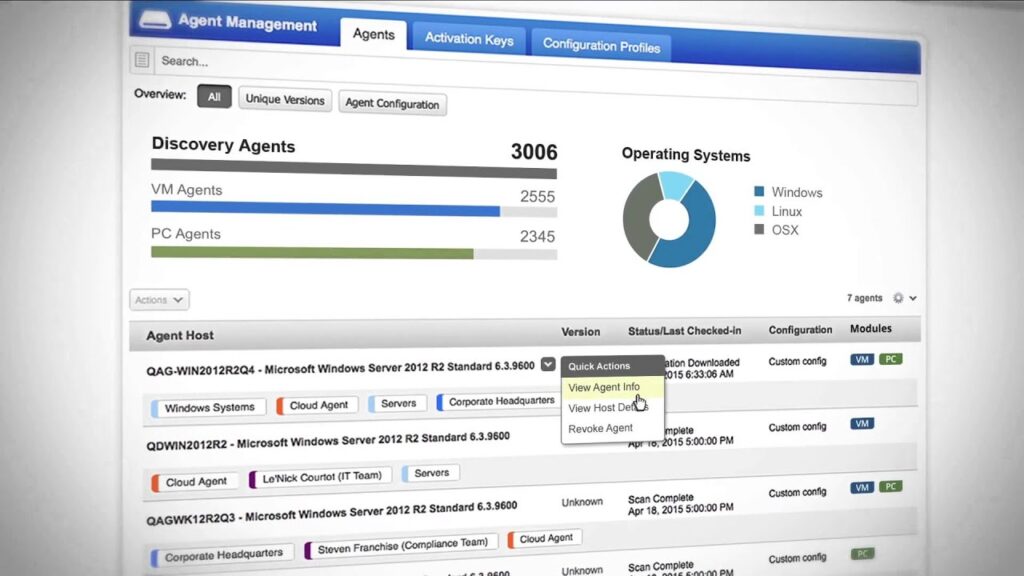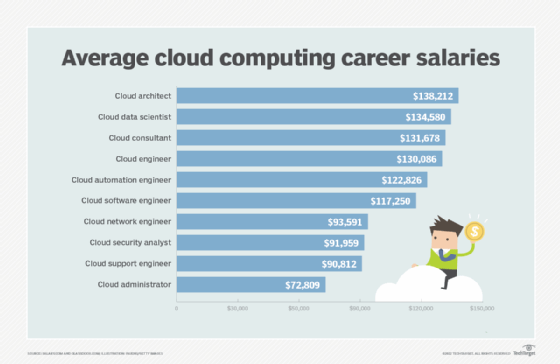In today’s digital age, cloud computing has become a fundamental part of businesses and organizations worldwide. As the use of cloud services continues to grow, so does the need for cloud security engineers. Cloud security engineers are professionals who specialize in securing cloud-based systems and applications against potential cyber threats.
The role of a cloud security engineer is to ensure that cloud-based systems are secure, protected, and compliant with industry standards and regulations. They work closely with other IT professionals to identify and address potential security risks, implement security measures, and test the effectiveness of these measures. In this article, we will take a closer look at the responsibilities of a cloud security engineer, the skills required for the job, and the benefits of pursuing a career in this field.
A cloud security engineer is responsible for the security of cloud computing systems. They create, deploy, and manage security solutions for cloud-based environments. They must have a deep understanding of cloud computing security principles, technologies, and processes. They also need to have knowledge of networking, firewalls, and intrusion detection systems. They must be able to identify security risks and develop solutions to mitigate them. Additionally, they must be able to monitor the implementation of security measures and respond to potential threats.
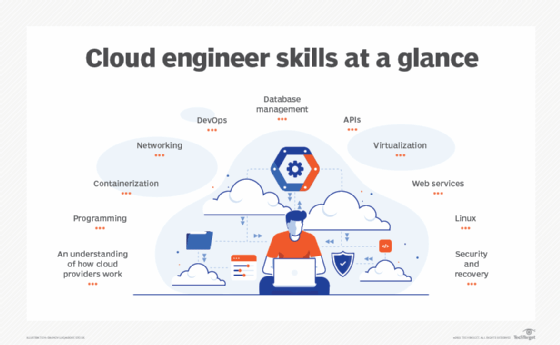
What is a Cloud Security Engineer?
A cloud security engineer is a specialist responsible for protecting cloud-based systems and services from cyberattacks and data loss. The engineer is responsible for designing, implementing, and maintaining security systems to protect data and applications hosted in the cloud. They also work to ensure that the cloud system is compliant with security regulations and standards.
What Does a Cloud Security Engineer Do?
Design and Implement Security Policies and Procedures
A cloud security engineer is responsible for designing, implementing, and maintaining security policies and procedures to ensure the confidentiality, integrity, and availability of data and applications hosted in the cloud. This includes enforcing authentication and authorization policies, as well as access control lists to prevent unauthorized access to data and applications. The engineer is also responsible for performing regular security audits to ensure the security of the cloud environment.
Perform Risk Assessments
A cloud security engineer is responsible for performing regular risk assessments to identify potential threats and vulnerabilities in the cloud environment. This includes performing security scans and penetration tests to identify weaknesses in the system. The engineer is also responsible for developing strategies and plans to mitigate identified risks and vulnerabilities.
Monitor and Respond to Security Incidents
A cloud security engineer is responsible for monitoring the cloud environment for security incidents, such as suspicious activities or unauthorized access attempts. The engineer is also responsible for responding to security incidents, such as by blocking access or restoring data. The engineer is also responsible for investigating security incidents to determine the extent of the breach and identify the root cause.
Develop Security Solutions
A cloud security engineer is responsible for developing security solutions to protect data and applications hosted in the cloud. This includes implementing encryption and other security measures to protect data in transit and at rest. The engineer is also responsible for developing strategies to prevent cyberattacks and data loss, such as developing and implementing security best practices and policies.
Research Security Technologies
A cloud security engineer is responsible for researching and staying up to date on the latest security technologies. This includes researching new tools and technologies to protect data and applications from cyberattacks, as well as researching new threats and vulnerabilities in the cloud environment. The engineer is also responsible for evaluating and selecting the best security solutions for the cloud environment.
Train and Educate Employees
A cloud security engineer is responsible for training and educating employees on security best practices and policies. This includes providing employees with training on security policies and procedures, as well as providing guidance on how to protect data and applications from cyberattacks. The engineer is also responsible for educating employees on the importance of security in the cloud environment.
Frequently Asked Questions
Cloud security engineers are responsible for protecting an organization’s data and information systems from security breaches and other threats. They ensure that all data is stored securely and safely, as well as develop and implement security measures to prevent threats from occurring.
What does a cloud security engineer do?
A cloud security engineer is responsible for the security of an organization’s cloud infrastructure. This includes designing, building, and maintaining cloud security systems, monitoring for potential threats, and responding to security incidents. They must also be knowledgeable about security protocols and be able to create policies and procedures to ensure the security of the cloud environment. Cloud security engineers also need to stay up to date with the latest security trends and technologies to ensure that their organization is protected.
Additionally, cloud security engineers must be able to communicate effectively with other departments and stakeholders to ensure that security measures are properly implemented and followed. They must also be able to explain the importance of security to non-technical personnel and provide guidance on best security practices.
What skills do cloud security engineers need?
Cloud security engineers need to have a strong technical background in computer and network security. They should be knowledgeable about various security protocols and have a good understanding of cloud architectures and technologies. Additionally, they should be familiar with security tools and have experience implementing security measures.
Communication skills are also important for cloud security engineers. They need to be able to explain security concepts to non-technical personnel, as well as collaborate with other departments to ensure that security measures are properly implemented. They also need to be able to stay up to date with the latest security trends and technologies in order to ensure that their organization is secure.
What qualifications do cloud security engineers need?
Cloud security engineers typically need a bachelor’s degree in computer science, information systems, or a related field. Additionally, certifications such as CompTIA Security+ or CISSP can be useful for demonstrating expertise in the field. Experience in cloud technologies and security tools is also beneficial.
What are the benefits of being a cloud security engineer?
Being a cloud security engineer provides the opportunity to work with cutting-edge technologies and stay up to date with the latest security trends. Additionally, cloud security engineers can have a positive impact on an organization by ensuring that their data is secure and protected from threats. Cloud security engineers can also expect to have job security, as the need for cloud security professionals is expected to continue to grow in the coming years.
What is the salary of a cloud security engineer?
The salary of a cloud security engineer can vary depending on the organization and the location, but the median salary is around $90,000 per year. Salaries can range from $70,000 to $110,000 per year, with experienced cloud security engineers earning more. Additionally, many organizations offer bonuses and other incentives for cloud security engineers.
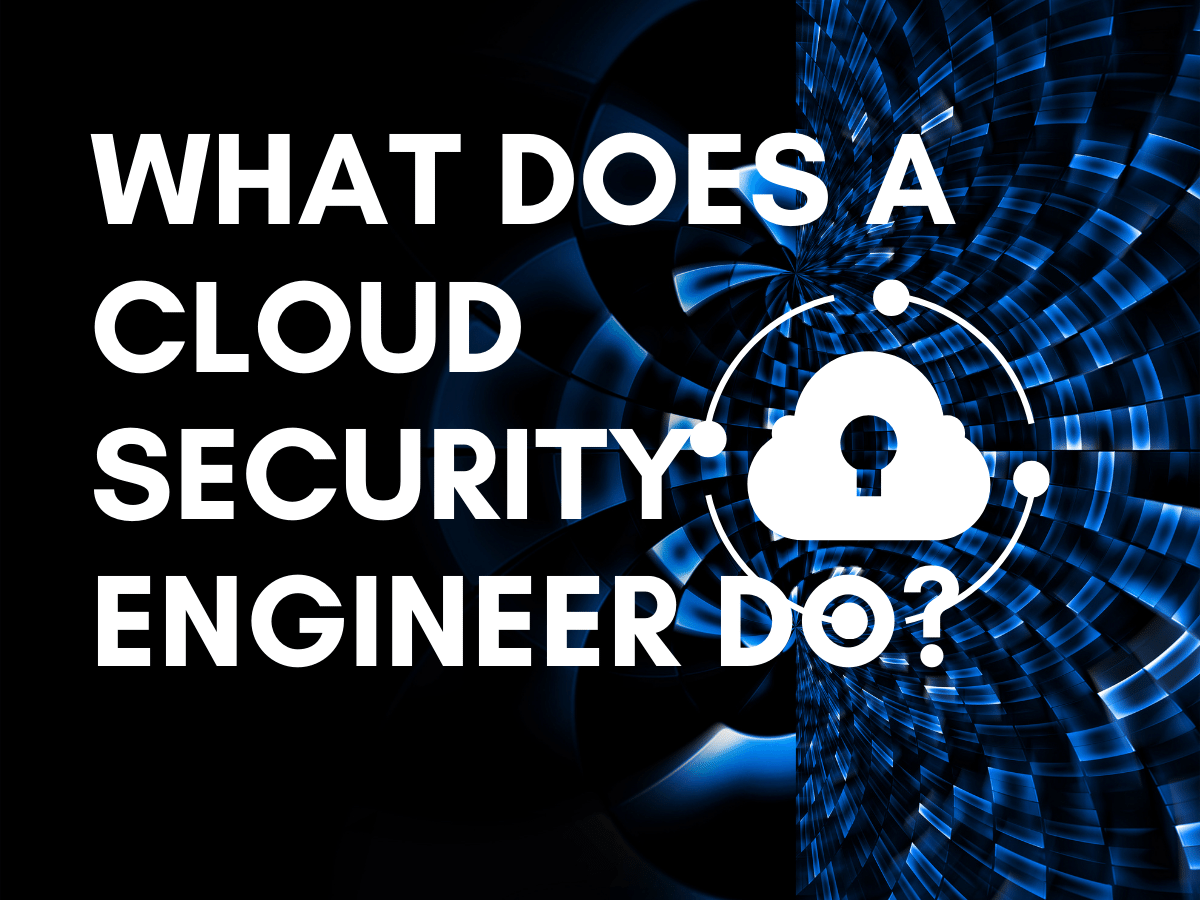
What I do as a Cloud Security Engineer
In conclusion, a cloud security engineer is a crucial member of any organization’s IT security team. They are responsible for identifying and mitigating risks associated with cloud computing, ensuring that sensitive data is protected and that systems are secure. This requires a complex set of skills, including knowledge of security protocols, risk management, and cloud computing technologies. A cloud security engineer must be able to work collaboratively with other IT professionals, as well as communicate complex technical concepts to non-technical stakeholders.
The demand for highly skilled cloud security engineers is on the rise, as more and more businesses move their operations to the cloud. With the increasing importance of data security and privacy, the role of a cloud security engineer has become increasingly vital. Organizations need to ensure that their data is secure, and this requires the expertise of a cloud security engineer. As such, those interested in pursuing a career in IT security would do well to specialize in cloud security, as it is an area that is sure to be in high demand for years to come.

